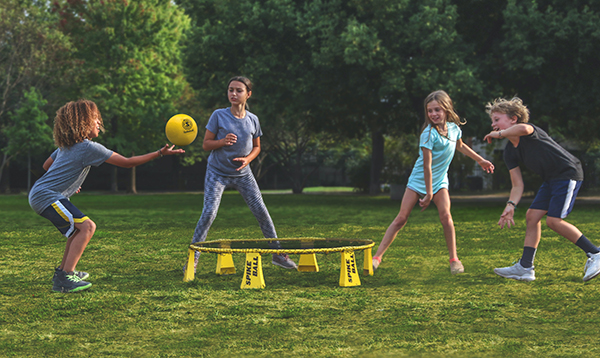Family Counseling Insights brought to you by California Psychotherapeutic Resources, Inc.
As a follow-up to our last blog post, How To Help Your Child Return To Old School Routines, we’d like to expand on the subject with a little more advice about preparing your child for the transition to in-person schooling. The reason for such attention to the subject is very simple: a year of online schooling and lack of social contact has real consequences.

In an article by Amy Joyce in the Washington Post, she cites the conclusion of a wide range of psychologists: “We need to expect that they may balk, and they may feel (and act) out of sorts,” says Joyce. “They may not attend school with the same energy and excitement as we want their ‘back-to-school’ Instagram photos to show. Even if we parents realize that we’re not great teachers and they need trained professionals, we also need to realize that this transition back (if they’re lucky enough to have it) will be accompanied by nerves, anxiety and questions.”
How can you help your kids with the return to school?
Joyce interviewed several experts, who gave the following advice:
Provide routine and structure. “Sources of stability will help them feel supported in this wild time: Make sure that your kids have routines and know the house rules, and that you clearly communicate all of this with them.”
Prepare them for change. Contact your child’s school and find out what the safety protocols will be. Discuss with your child the changes they can expect. Masks? Plexiglass dividers? Social distancing? Whatever they are, give your child an idea of what to expect and, more important, that the changes are meant to keep them safe.
Don’t pretend there aren’t worries. Assume that your child may have worries, and set aside time to talk about them. Dinner is a good time to talk about any worries they have because it’s typically a comfortable setting. For older kids, drive time in the car is a good time to talk because you’re not looking directly at them and they won’t feel put on the spot.
Help them work their social muscles. Socializing requires practice, strange as that may sound. If kids haven’t been associating with their friends in person for months, it will take some time before they feel natural in social settings. Encourage your kids to get back to simple routines like riding a bike with a friend or playing their favorite sport.
See more information on preparing your kids to return to school here.